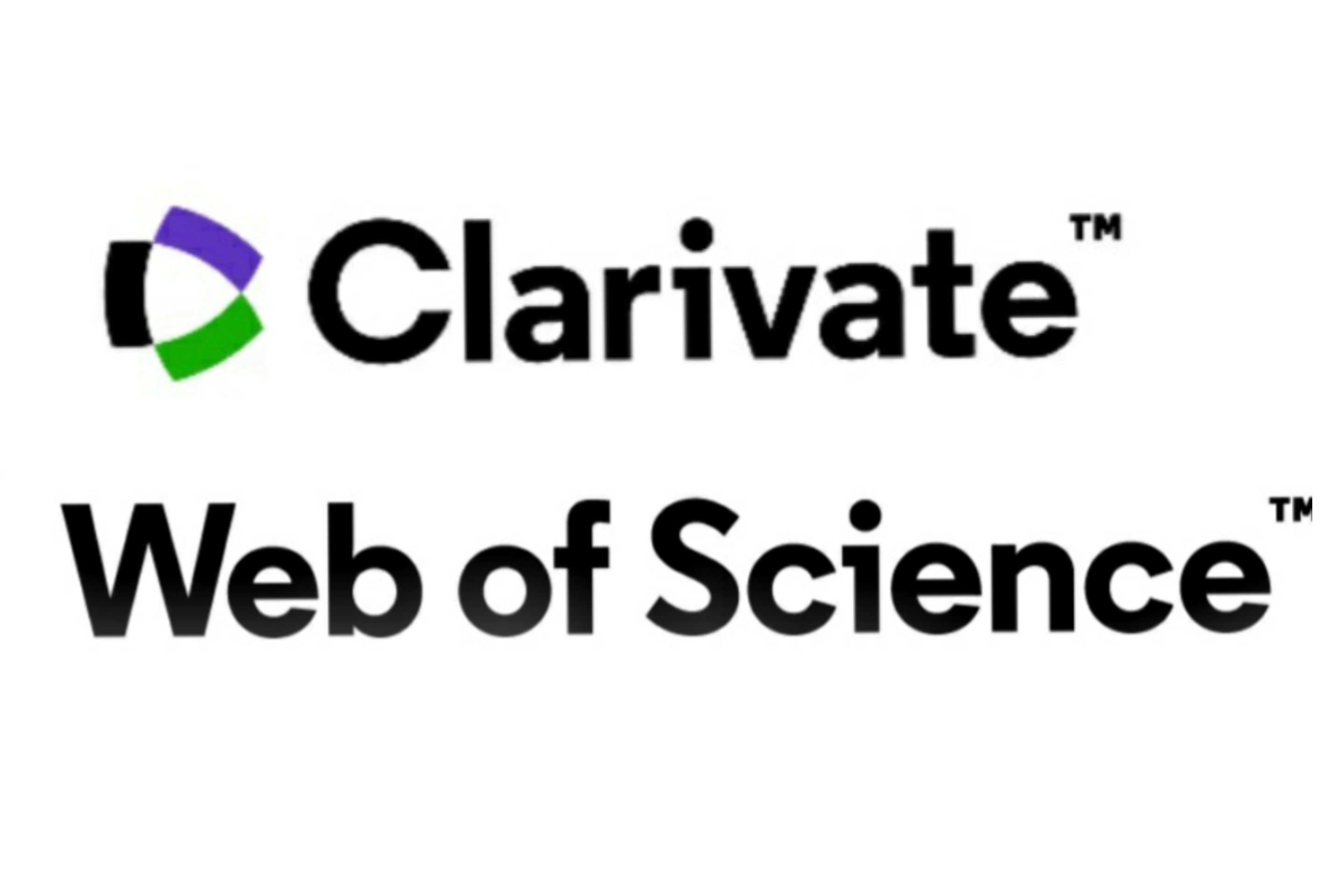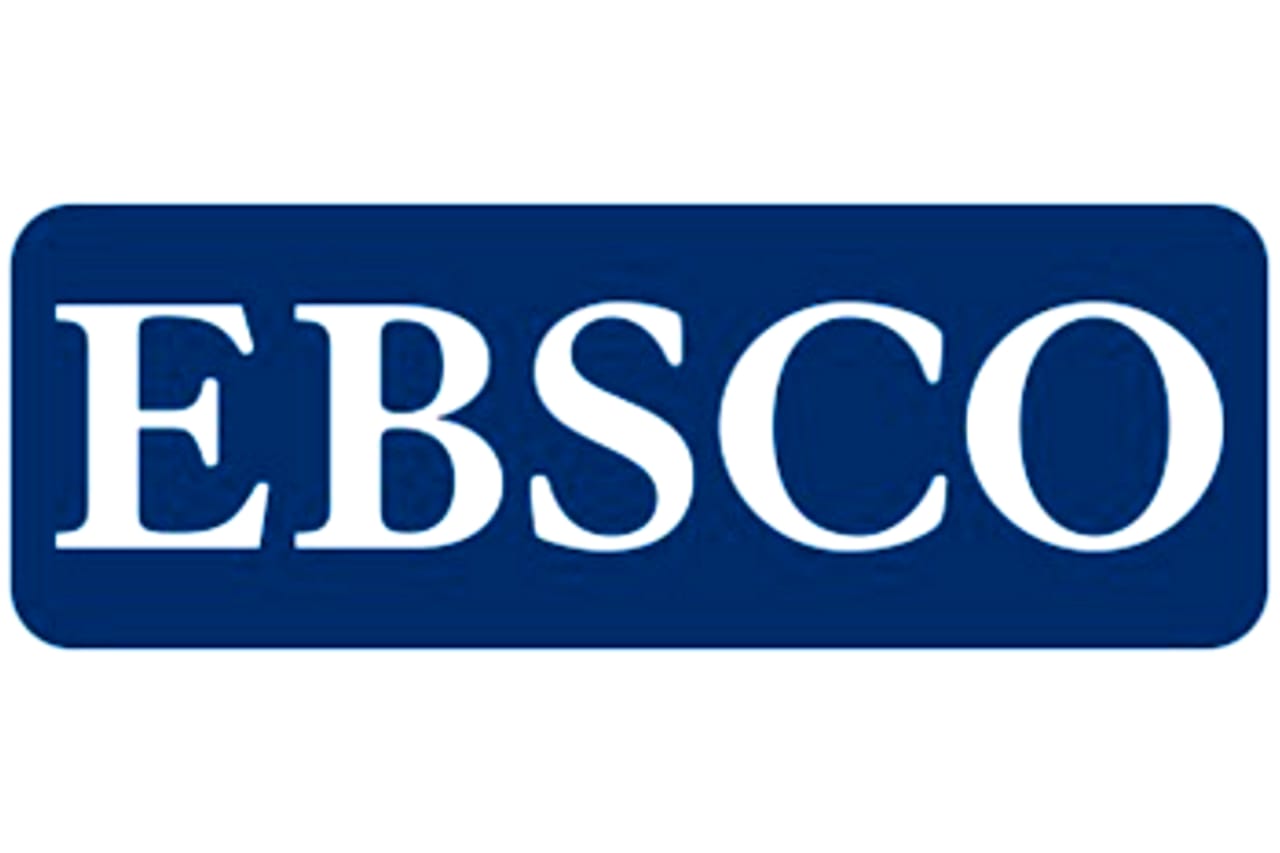Numerical aspects of the adaptive computational grid in solving the problems of electrical prospecting with direct current
DOI:
https://doi.org/10.26577/ijmph.2018.v9i2.259Abstract
This paper is devoted to the numerical aspects of the adaptive computational grid in solving the problems of electrical prospecting with direct current. The purpose of this work is to determine the acceptable parameters of various algorithms for constructing a computational grid for computing electrical tomography curves associated with the ground surface relief. Optimal algorithms for constructing a computational grid in problems of calculating of apparent resistivity curves, associated with the ground surface relief, can improve the accuracy in computation and cost-effectiveness in using computational resources. A mathematical model for calculating the field and of apparent resistivity curves, based on the theory of potentials, and the discretization of the surface of the calculated boundary are described. The problem is reduced to solving an integral equation.
We described here results of that method applied to the relief of simple 2D forms. Our calculations show that use of grid with triangulation gives the same results as a grid constructed with a refinement at the vicinity of the source electrode. However, due to the refinement at the vicinity of the source electrode and measuring line, the grid with triangulation is more efficient and allows one to calculate the function of apparent resistivity with relatively small number of nodes – approximately above 2000.
The data obtained in numerical experiments are basis for further research and for definition of the influence of relief forms on the distortion of apparent resistivity curves.
undefined undefined Звуковая функция ограничена 200 символами Настройки : История : Обратная связь : Donate Закрыть
















